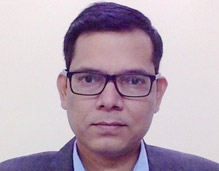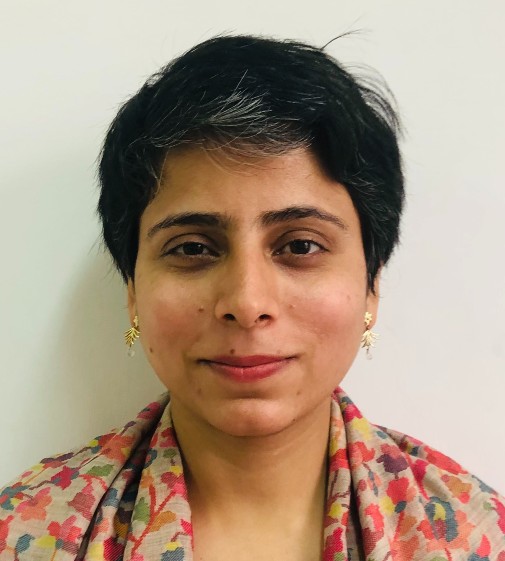Editors’ Introduction
India’s burgeoning relationship with Israel since January 1992 is an exemplar of India’s post-Cold War foreign policy practice. From a relationship described as ‘stillborn for 40 years’ to the broad-spectrum partnership a quarter century later, India–Israel relations ties have developed well, pushed by a rapid expansion of defence ties. The growth of the India–Israel partnership is a testimony to the sagacity shown by Indian and Israeli leaders in steering the relationship forward, despite the baggage of a fraught and convulsive neighbourhood.
Re-emerging Powers and the Impasse in the UNSC over R2P Intervention in Syria
The article examines the influence of BRICS (Brazil, Russia, India, China, and South Africa) members that acts as an important condition of success for implementation of the three-pillared Responsibility to Protect (R2P) principle in case of Syrian conflict. Analysis has revealed two distinctive features of the BRICS’s positions. Firstly, BRICS has placed particular emphasis on there being a reasonable prospect of success before supporting intervention.
Moderates Strike Back in Iran: Imperatives for the International Community
The results of the most recent Parliamentary and Assembly of Experts elections in Iran indicate that Iranians are increasingly unhappy with the conservative establishment in the country. The Reformists or moderates and pro-Rouhani group of ‘Hope’ secured a majority in the Assembly of Experts and also won more seats than their rival conservatives or Principlists in the Majlis or parliament. The elections for the two bodies were held on February 26, 2016.
Importance of PM Modi’s Visit to Iran: Opportunities and Challenges for India
Prime Minister Narendra Modi’s visit to Iran is important in many ways. It came at a time when India is seriously contemplating activation of its ‘Look West’ policy and banking on Iran as a ‘gateway’ and provider of a corridor to Central Asia and Afghanistan. The visit sought to revitalise India–Iran bilateral relations which has passed through an uncertain phase during the last decade.
The Evolution of National Security Thinking in Post-Soviet Russia
This article contributes to the rich body of literature on Russian security perceptions and analyses how Russian security thinking evolved over the last 20 years. The focus of the article is on how Russian security perspective shifted from the goal of assuring Russian security by integration and cooperation with the West to the idea of Russia’s own separate geo-economic project and the goal of reducing the country’s dependencies on the West. Security in this article is understood both as a military-political and as an economic phenomenon.
Russia’s Participation in International Environmental Cooperation
While environmental issues attract growing interest all over the world Russia has kept aside from this trend for a long time. Its participation in international environmental cooperation has always been determined primarily by the external policy’s objectives. In Soviet times, participation in global environmental initiatives was a channel of collaboration with the West. In the 1990s, it was a means of integration into the international community and one of the major areas of cooperation with the US.
US–Russia Confrontation and a New Global Balance
Although the US–Russia relations are hardly the central axis of contemporary international relations, the systemic confrontation between Moscow and Washington, which began in 2014, will become a decisive factor for the emerging international order. This confrontation was caused by factors much deeper than a mere clash of national interests in Ukraine or Syria.
Russia and the European Union: Lessons Learned and Goals Ahead
The current crisis and pause in development of the EU–Russia relations provide a unique chance to shed the burden of past problems and start new relations from scratch. Both sides should sort out their values and get rid of the ballast generated by the bureaucratic inertia or false understandings of partnership. Russia and Europe are unlikely to evolve a common vision for the future. Their future is not in unity but in co-existing next to each other. It is time that Russia and the EU clearly formulate their real interests and try to make relations predictable.
Russia’s Pivot to Asia: Myth or Reality?
The article discusses the changes in Russia’s policy towards Asia, arguing that Russia’s pivot to Asia is a reality, one that is motivated by both political and economic interests. And although that shift is not progressing as quickly as some might want and occasionally encounters difficulties, the process has definitely begun and is in all likelihood irreversible. Only a small, marginal segment of Russian society continues to dream of unity with Europe—which itself has entered a period of severe crisis.









